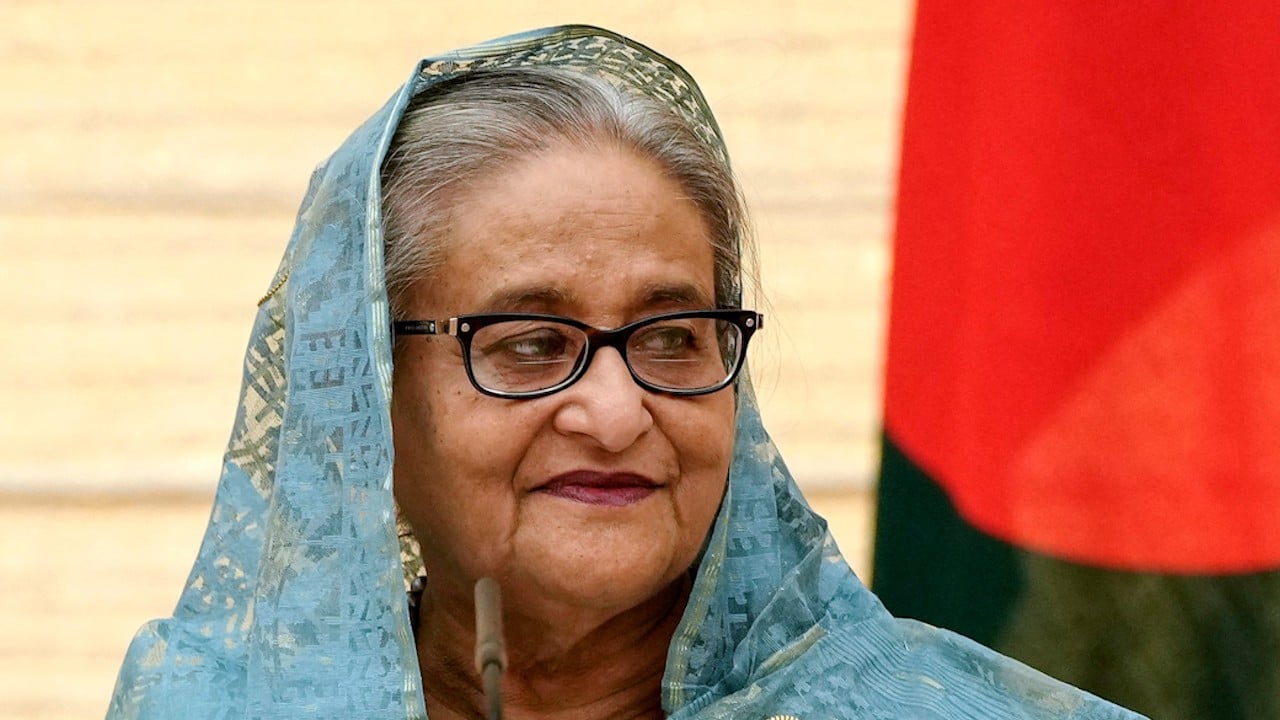A court in Bangladesh opened a murder investigation into ousted ex-prime minister Sheikh Hasina and six top figures in her administration on Tuesday over the police killing of a man during civil unrest last month.
The case filed by Amir Hamza was accepted by Dhaka’s chief metropolitan magistrate’s court after a hearing, Hamza’s lawyer Anwarul Islam said. Magistrate Rajesh Chowdhury ordered police to investigate the case, Islam added.
It was the first case filed against Hasina following a violent uprising that killed about 300 people, many of them college and university students. She fled to India on August 5 and has been sheltering in New Delhi.
The others accused in the case included Obaidul Quader, the general secretary of Hasina’s Awami League party, former Interior Minister Asaduzzaman Khan Kamal and other senior police officials.
It also names four top police officers appointed by Hasina’s government who have since vacated their posts.
Hamza alleged grocer Abu Saeed was killed on July 19 around 4pm local time when he was hit by a bullet while crossing the street as police fired on protesting students and other people demonstrating against quotas in government jobs in the Mohammadpur area of Dhaka.

The complainant blamed Hasina, who had called for strong action to quell the violence, for the police firing.
Hamza said he was not related to Saeed, but voluntarily approached the court because Saeed’s family did not have the finances to file the case.
“I am the first ordinary citizen who showed the courage to take this legal step against Sheikh Hasina for her crimes. I will see the case to an end,” Hamza said.
Hasina, who was prime minister for the last 15 years, could not be immediately reached for comment, not could Quader or Kamal.
Nahid Islam, a Bangladeshi student leader who was instrumental in overthrowing Hasina and is now part of the interim government, recently said that the former prime minister must face trial for the killings during her term, including during recent protests.
The students-led movement started with demonstrations against quotas in government jobs before spiralling into violent protests to oust Hasina. She plans to return home to Bangladesh when the caretaker government, headed by Nobel Peace laureate Muhammad Yunus, decides on holding elections, her son has said.
Yunus returned from Europe three days after Hasina’s ouster to head a temporary administration facing the monumental challenge of steering democratic reforms.
The 84-year-old won the Nobel Peace Prize in 2006 for his pioneering work in microfinance, and is credited with helping millions of Bangladeshis out of grinding poverty.


